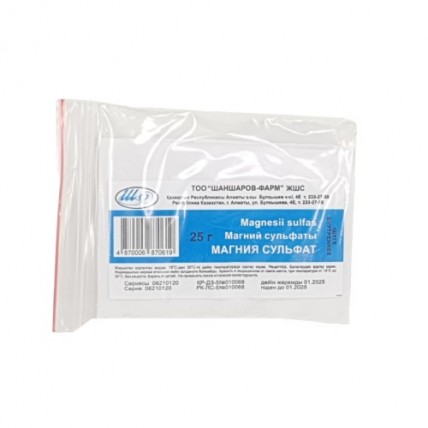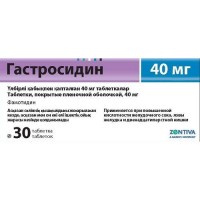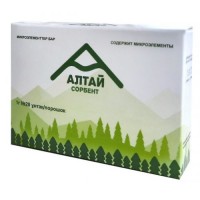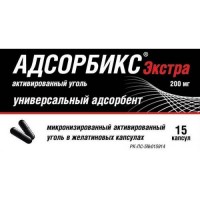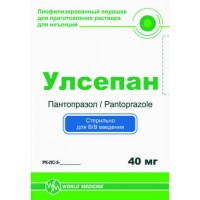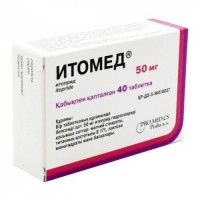Magnesium Sulfate Powder 25 g
- $2.80
What is Magnesium Sulfate?
Magnesium sulfate is a crystalline powder commonly used as an osmotic laxative. It works by drawing water into the intestines, helping to relieve constipation. Additionally, it can be used in medical settings to prepare the colon for examination procedures or to treat poisoning from barium salts. Magnesium sulfate is a white, odorless powder and has various uses in both medicine and wellness.
What are the uses of Magnesium Sulfate?
Magnesium sulfate is mainly used as a laxative to relieve occasional constipation. It is also used in clinical settings for colon cleansing before certain medical procedures such as a colonoscopy. In cases of barium salt poisoning, magnesium sulfate is administered to neutralize the toxic effects.
What precautions should be taken before using Magnesium Sulfate?
Before using magnesium sulfate, it is crucial to consider several contraindications:
- Hypersensitivity to the product
- Slow heart rate (bradycardia)
- AV block (a heart condition)
- Kidney dysfunction
- Respiratory diseases
- Acute gastrointestinal inflammations
- Pregnancy or breastfeeding
- Menstruation
- Age under 18 years
Magnesium sulfate is not recommended for long-term use without medical supervision, and it should be used with caution in individuals with heart or kidney issues due to the risk of salt accumulation.
How should Magnesium Sulfate be dosed?
For adults, magnesium sulfate is typically taken orally at night or on an empty stomach, 30 minutes before a meal. The recommended dosage ranges between 10 to 30 grams dissolved in half a glass of water. For chronic constipation, it can also be used in enemas with a 20-30% solution. In cases of barium salt poisoning, 20 grams of magnesium sulfate can be dissolved in 200 milliliters of water for gastric lavage or internal use.
What are the possible side effects of Magnesium Sulfate?
Magnesium sulfate can cause a range of side effects, particularly when used improperly or in excessive amounts. These include:
- Nausea, vomiting, and diarrhea
- Lowered blood pressure (hypotension)
- Respiratory depression
- Drowsiness or sedative effects
- Exacerbation of gastrointestinal inflammations
If any of these reactions occur, or if you experience more severe symptoms like difficulty breathing or extreme drowsiness, it is essential to consult a healthcare provider immediately.
What should you do in case of an overdose?
In case of a magnesium sulfate overdose, symptoms such as nausea, vomiting, diarrhea, a sudden drop in blood pressure, slow heart rate (bradycardia), and respiratory depression can occur. The antidote for magnesium sulfate overdose is calcium, administered intravenously in the form of calcium chloride or calcium gluconate. In severe cases, procedures like peritoneal dialysis or hemodialysis may be necessary. Immediate medical attention is crucial in case of an overdose.
How should Magnesium Sulfate be stored?
Magnesium sulfate should be stored in a cool, dry place, away from direct light, at temperatures between 15°C and 30°C (59°F and 86°F).
Ensure the product is kept out of reach of children and do not use it past its expiration date, which is typically five years from the date of manufacture.
